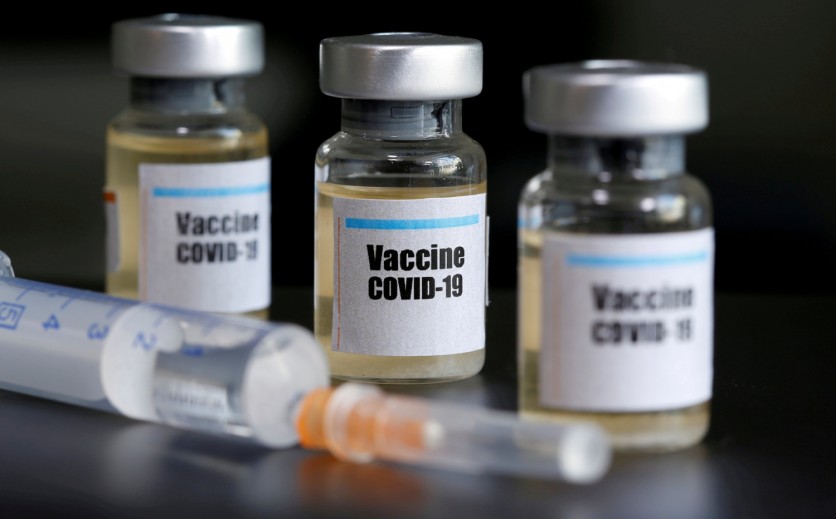The Oxford University vaccine tipped in the race to produce a coronavirus shot as a "front-runner" may not stop the virus in monkeys, and may only be partially successful, experts have cautioned.

A vaccination trial in rhesus macaque monkeys did not stop the coronavirus from infecting the animals, raising concerns about the possible human efficacy, and continuing the production of the vaccination.
Vaccinated monkeys were infected
The vaccine, known as ChAdOx1 nCoV-19, is under clinical research in the UK. The government made an agreement between Oxford University and drug company AstraZeneca to produce up to 30 million doses if it proves successful, with £47 million or about $57 million being plowed into the research.
ALSO READ : COVID-19 Update: Coronavirus Vaccine Makers Ask Government's Help to Make Millions of Doses by September
"All of the vaccinated monkeys treated with the Oxford vaccine became infected when challenged as judged by the recovery of virus genomic RNA from nasal secretions," said Dr. William Haseltine, a former Harvard Medical School professor. Haseltine had a pivotal role in the development of early HIV/Aids treatments.
In an article on Forbes, Dr. Haseltine wrote that there was no difference in the amount of viral RNA detected from this site in the vaccinated monkeys compared to the unvaccinated animals. "Which is to say, all vaccinated animals were infected," he added.
Jonathan Ball, professor of molecular virology at Nottingham University, said the vaccine data indicate the jab might not be able to prevent the virus from spreading among infected individuals.
According to Ball, the viral loads in the noses of vaccinated and unvaccinated animals were identical is very significant. "If the same happened in humans, vaccination would not stop the spread," he said. Ball said the finding should warrant an urgent re-appraisal of the ongoing human trials of the ChAdOx1 vaccine.
The trials investigating the immune response in rhesus macaque monkeys to the Oxford vaccine were performed at the Rocky Mountain Laboratory of the National Institute of Health in the USA, with initial findings released in a press release at the end of April.
The findings were said to be positive at the time, but releasing the full results of last week's trial showed the vaccine did not prevent the animals from contracting the virus. However, there was evidence that the severity could be reduced.
This compares with an April Chinese vaccine trial that seemed to stop Covid-19 's production in monkeys. The experiment, performed by Sinovac Biotech, a privately owned company based in Beijing, used a modified version of the full Sars-Cov-2 virus in its vaccine, while the Oxford vaccine uses a common cold virus to attempt to induce an immune response.
Here's what happened
Six monkeys were infected with single doses of ChAdOx1 nCoV-19 in the Oxford monkey study and were exposed to coronavirus. It also affected a control group of three unvaccinated monkeys. For signs of Covid-19 growth, the immunized and the non-immunized monkeys were monitored for seven days.
One indicator of infection is an increased breathing rate as the virus enters the lungs-this symptom was demonstrated by three of the vaccinated animals. The researchers also detected the virus on autopsy in the lungs of the vaccinated monkeys.
On the upside, none of the vaccinated monkeys showed pneumonia that indicates it could be partially protective while not preventing the virus.
Dr. Haseltine said that this was "encouraging," but that "experience with other vaccinations teaches us that this is not a solid guarantee for humans."
"It is crystal clear that the vaccine did not provide sterilizing immunity to the virus challenge, the gold standard for any vaccine. It may provide partial protection," he said.
The vaccine's doubts came after business secretary Alok Sharma. It said the pace with which Oxford was going ahead with development was "generally unparalleled," and the first clinical trials were "progressing well."
ⓒ 2026 TECHTIMES.com All rights reserved. Do not reproduce without permission.




